Trending Now
We have updated our Privacy Policy and Terms of Use for Eurasia Group and its affiliates, including GZERO Media, to clarify the types of data we collect, how we collect it, how we use data and with whom we share data. By using our website you consent to our Terms and Conditions and Privacy Policy, including the transfer of your personal data to the United States from your country of residence, and our use of cookies described in our Cookie Policy.
{{ subpage.title }}
Protecting science from rising populism is critical, says UNESCO's Gabriela Ramos
In a GZERO Global Stage discussion at the 7th annual Paris Peace Forum, Gabriela Ramos, Assistant Director-General for Social and Human Sciences at UNESCO, highlighted the crucial role of science in fostering peace and expressed concerns over rising populism undermining scientific efforts.
"We need good science to navigate these waters... If you don't invest in scientific endeavors, it's going to be problematic," she said.
Ramos also addressed the challenges of artificial intelligence potentially widening global inequalities due to its concentrated development in a few countries. Emphasizing the need for ethical AI, she stated, "We need to invest to change it because AI is amazing. It's a promising tool, so we really need to get it right."
UNESCO is proactively addressing these challenges by framing an international standard for ethical AI, developed in collaboration with 194 countries. "We move away from a technological discussion to a societal one to say, is it enhancing our human rights? Is it not discriminating? Is it helping us with the environmental transition? And if the answer is no, we need to invest to change it because AI is amazing. It's a promising tool, so we really need to get it right," Ramos asserted.
This conversation was presented by GZERO in partnership with Microsoft at the 7th annual Paris Peace Forum. The Global Stage series convenes global leaders for critical debates on the geopolitical and technological trends shaping our world.
Follow GZERO coverage of the Paris Peace Forum here: https://www.gzeromedia.com/global-stage
This artist s conception symbolically represents complex organic molecules, known as polycyclic aromatic hydrocarbons, seen in the early universe. These large molecules, comprised of carbon and hydrogen, are considered among the building blocks of life.
AI is helping scientists model molecules
Google updated one of its most potent artificial intelligence applications, an AI model called AlphaFold — and the latest version can model “all of life’s molecules,” the company said last week. Yeah, all of them.
While the previous version of the model could simply predict the structures of proteins, Alpha Fold 3 can actually model DNA and RNA, plus small molecules called ligands. Google’s DeepMind and Isomorphic Labs divisions, which worked on AlphaFold, said the new model is a 50% improvement over the last one.
“It tells us a lot more about how the machines of the cell interact,” John Jumper, a Google DeepMind researcher, told The New York Times. “It tells us how this should work and what happens when we get sick.”
With this technology, researchers can leap ahead in the fundamental techniques they use to model biological systems, test and develop new drugs, and build new materials. Google is letting researchers around the world use the model through a website called AlphaFold Server for any non-commercial research. Here’s hoping we can report on the first lifesaving drugs developed through AI soon.
Why human beings are so easily fooled by AI, psychologist Steven Pinker explains
There's no question that AI will change the world, but the verdict is still out on exactly how. But one thing that is already clear: people are going to confuse it with humans. And we know this because it's already happening. That's according to Harvard psychologist Steven Pinker, who joined Ian Bremmer on GZERO World for a wide-ranging conversation about his surprisingly optimistic outlook on the world and the way that AI may affect it.
"People are too easily fooled. It doesn't take much to fool a user or an observer into attributing a lot of intelligence to the system that they're dealing with, even if it's rather stupid."
So what should regulators do to rein AI in? Especially when it comes to children?
Watch the GZERO World episode: Is life better than ever for the human race?
Catch GZERO World with Ian Bremmer every week at gzeromedia.com/gzeroworld and on US public television. Check local listings.
- Emotional AI: More harm than good? ›
- Altman to Congress: Regulate me, please. ›
- Ian Bremmer explains: Should we worry about AI? ›
- Be very scared of AI + social media in politics ›
- Podcast: Tracking the rapid rise of human-enhancing biotech with Siddhartha Mukherjee - GZERO Media ›
- AI & human rights: Bridging a huge divide - GZERO Media ›
- Yuval Noah Harari: AI is a “social weapon of mass destruction” to humanity - GZERO Media ›
- Social media's AI wave: Are we in for a “deepfakification” of the entire internet? - GZERO Media ›
- Yuval Noah Harari explains why the world isn't fair (but could be) - GZERO Media ›
CRISPR and the gene-editing revolution
CRISPR stands for Clustered Regularly Interspaced Short Palindromic Repeats. You don't have to remember that, but you should know that this new gene editing technique can literally change life as we know it. Through CRISPR, scientists are now able to precisely edit DNA sequences in living things. They hope to be able to cure genetic diseases like sickle cell anemia and hereditary blindness. CRISPR may even be used to treat cancer and HIV. There's a darker side to CRISPR. What about engineering soldiers who can fight without fear or pain? Many argue that using CRISPR technology—for good or bad—amounts to playing God and that its use should be halted altogether. Others, like the World Health Organization, see enormous potential for the science but want to put limits on its application to prevent humanity from bringing out our own worst traits. Ian Bremmer explains what we know and don't know about the brave new world of gene editing.
Watch the episode: CRISPR gene editing and the human race
CRISPR gene editing and the human race
Berkeley scientist Jennifer Doudna won the 2020 Nobel Prize for her work on the revolutionary gene-editing technology known as CRISPR. It has the potential to cure genetic diseases like sickle cell anemia and hereditary blindness and may even be used to treat cancer and HIV. But when it comes to editing humanity, where do we draw the line? How do we avoid falling into the same kind of dystopian nightmare outlined in Blade Runner? Doudna discussed the risks and benefits of CRISPR in an interview with Ian Bremmer on GZERO World. Also in this episode: a look at cloning our pets (speaking of going too far…).
- CRISPR gene-editing tech should have limits, says Nobel laureate ... ›
- Podcast: Gene editing tech risks and rewards: Dr. Jennifer Doudna's ... ›
- Twitter bans QAnon; CRISPR gene tech - GZERO Media ›
- Ian Explains: Will biotech breakthroughs lead to super humans? - GZERO Media ›
- Podcast: Tracking the rapid rise of human-enhancing biotech with Siddhartha Mukherjee - GZERO Media ›
- From CRISPR to cloning: The science of new humans - GZERO Media ›
- CRISPR, AI, and cloning could transform the human race - GZERO Media ›
CRISPR gene-editing tech should have limits, says Nobel laureate Jennifer Doudna
For Jennifer Doudna, who won the 2020 Nobel Prize in Chemistry for her work on CRISPR gene editing, there are some red lines we shouldn't cross (yet). The technology, she says, has "the potential to do incredible things and make incredible advances that will be beneficial to our society, but hand-in-hand with that go these large risks." One is human embryos, but that doesn't mean that in the future we shouldn't be able to use CRISPR on ourselves, for instance to protect us from diseases. Watch her interview with Ian Bremmer on GZERO World.
Watch our live event: global health beyond the pandemic
Could the biggest health crisis of our lifetimes actually lead to a healthier world? Watch the second part of our live event series about what public health will look like after the COVID-19 pandemic, presented in partnership with Flagship Pioneering, the bio-platform company that founded Moderna and dozens of other life sciences firms.
Days before world leaders G7 meeting, we will bring political leaders and policy makers together with health experts and scientists to discuss lessons learned from and the latest innovations to preempt both COVID-19 variants and future infectious disease pandemics.
Attendance is free and open to the public. Please register to attend.
The virtual event will be hosted by Noubar Afeyan, founder & CEO of Flagship Pioneering, and Ian Bremmer, president and founder of Eurasia Group and GZERO Media.
Tuesday, June 8, 2021 | 11 AM - 12:30 PM ET (recording available)
- Beyond the Pandemic: A Radical New Approach to Health Security: As the world emerges from the COVID-19 pandemic, what are the lessons learned and how can we use them to not only prepare for, but also preempt the next pandemic? On day one, speakers will discuss new and powerful ways to combat the wide range of threats to our health, including preventing variants and future infectious disease pandemics, and tackling 'slow-burn' pandemics such as obesity and chronic disease. CNBC's Meg Tirrell will moderate the conversation.
Wednesday, June 9, 2021 | 11 AM - 12:30 PM ET
- Stronger Partnerships for a Healthier World: Mutually Assured Protection: On day two, we'll focus on the need for greater collaboration between governments, international institutions, and the private sector in order to get beyond sick care and create a world where we secure and protect people's health by postponing if not preventing disease, and by promoting good health and wellbeing. Bloomberg TV anchor Shery Ahn will moderate the conversation.
Speakers include:
Kyriakos Mitsotakis
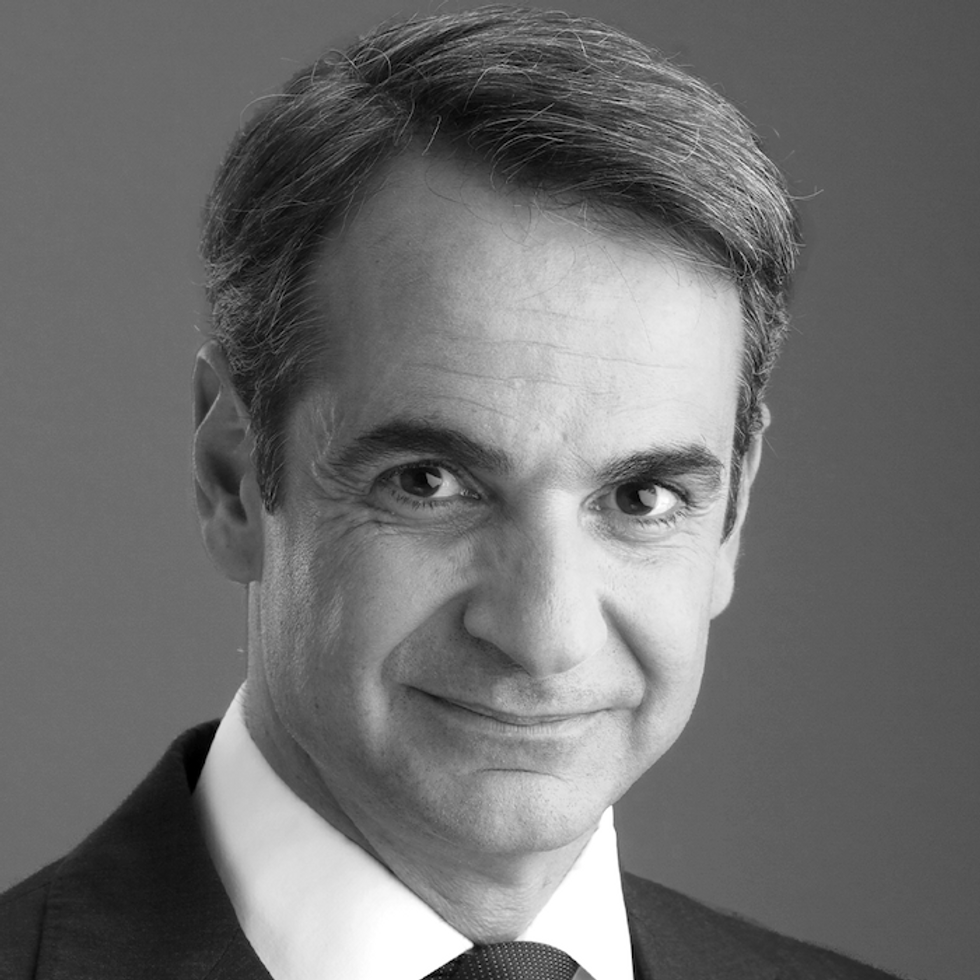
Prime Minister of Greece
Kristalina Georgieva
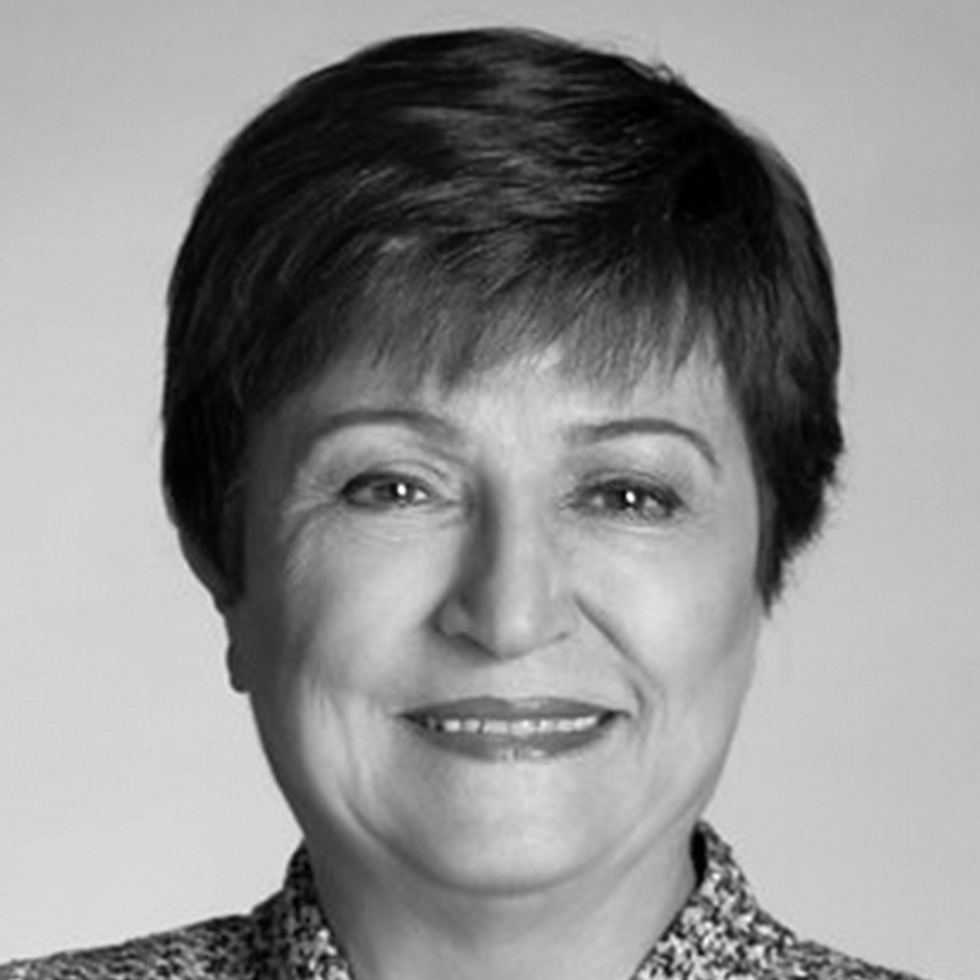
Managing Director, International Monetary Fund
Stéphane Bancel
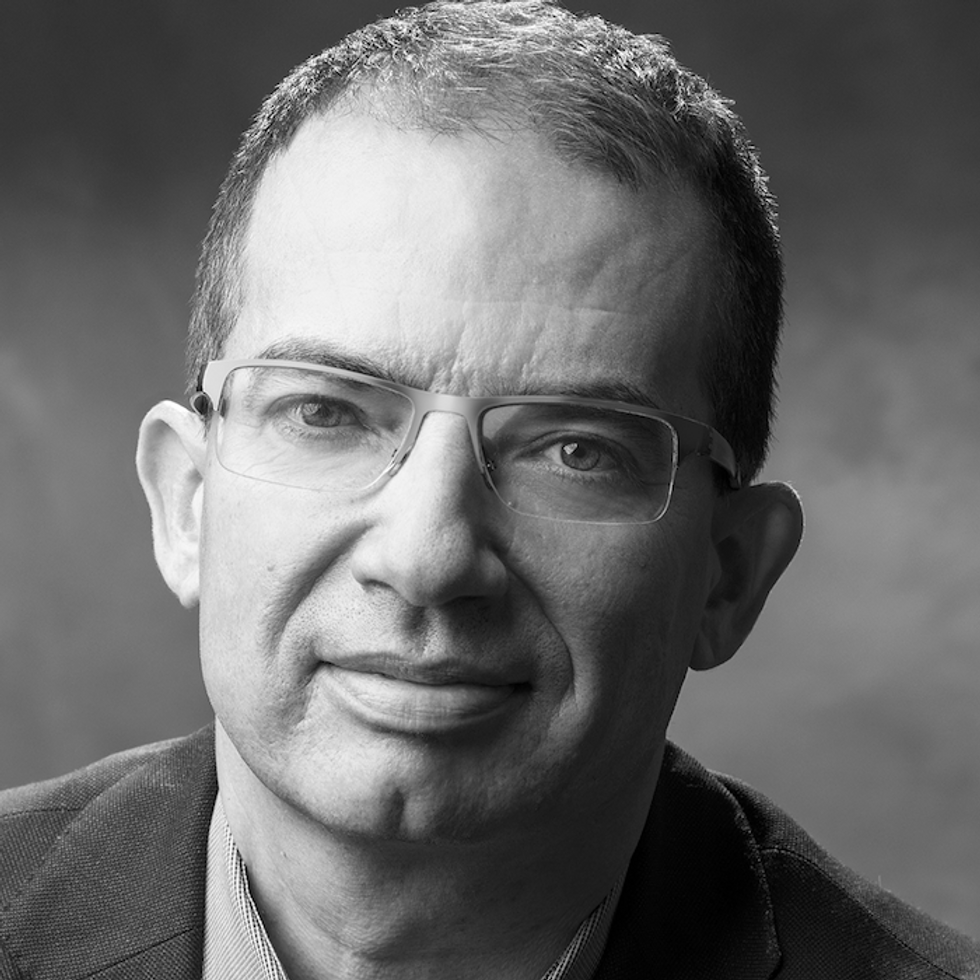
CEO, Moderna Therapeutics
Agnes Binagwaho
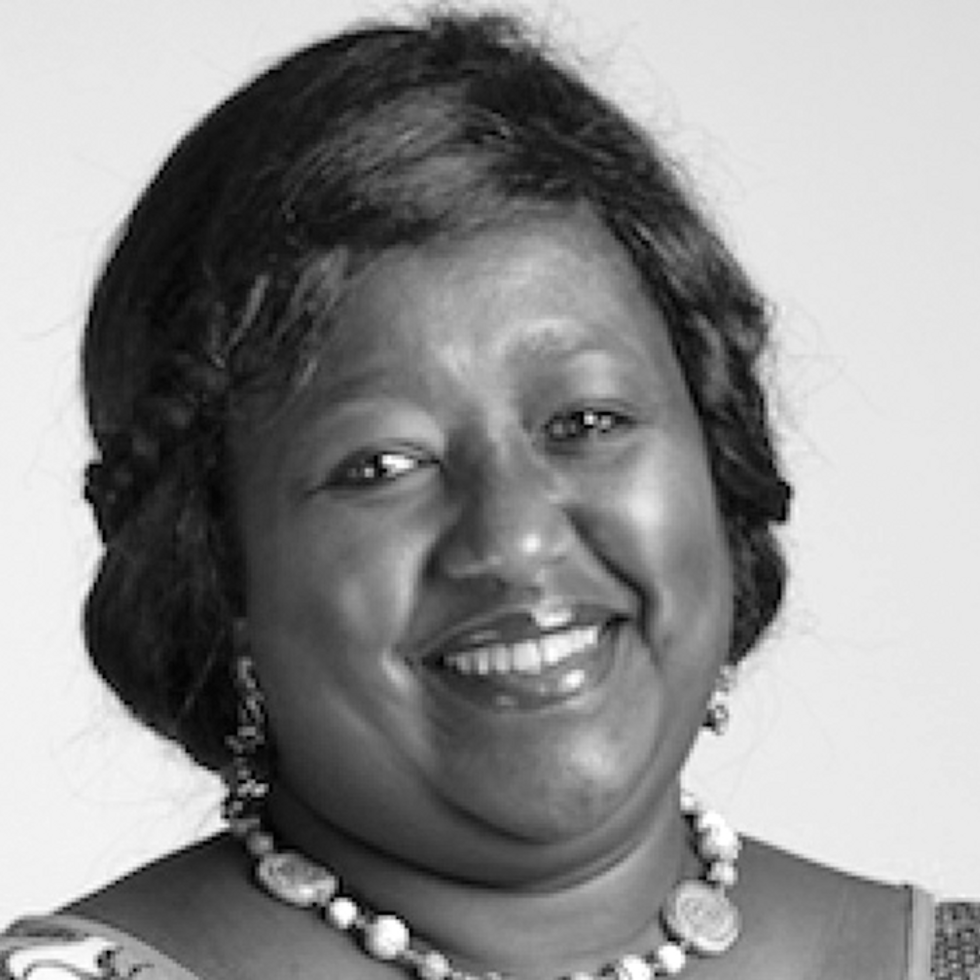
Vice Chancellor, University of Global Health Equity
Geoff Martha
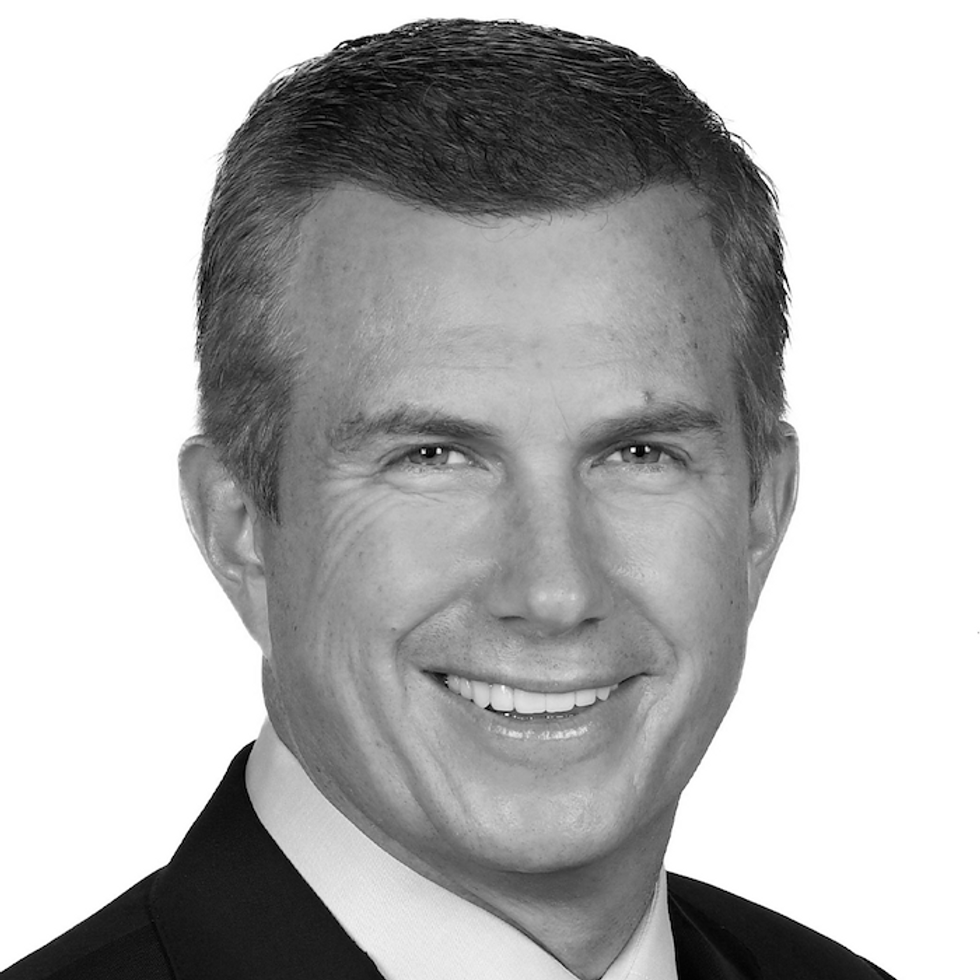
Chairman & CEO, Medtronic
Nancy Roman
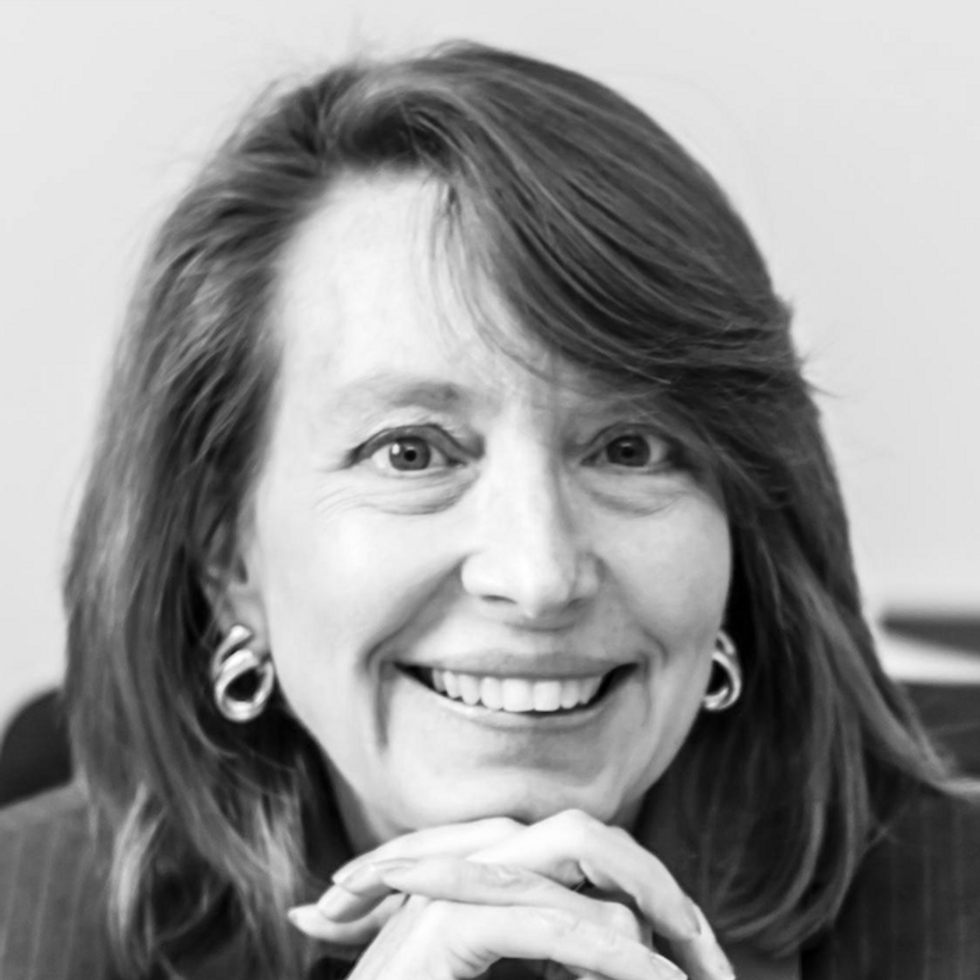
President and CEO, Partnership for a Healthier America
Paul Farmer
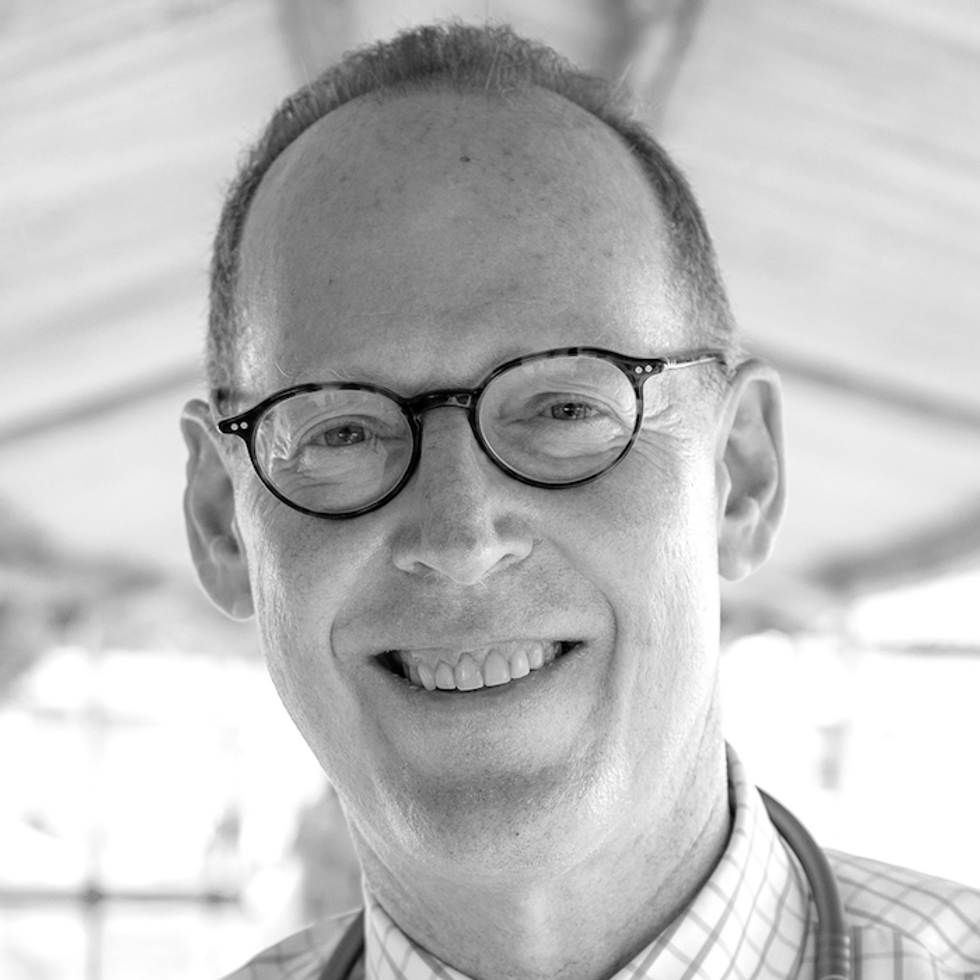
Professor, Harvard Medical School; Co-founder, Partners In Health
Gargee Ghosh
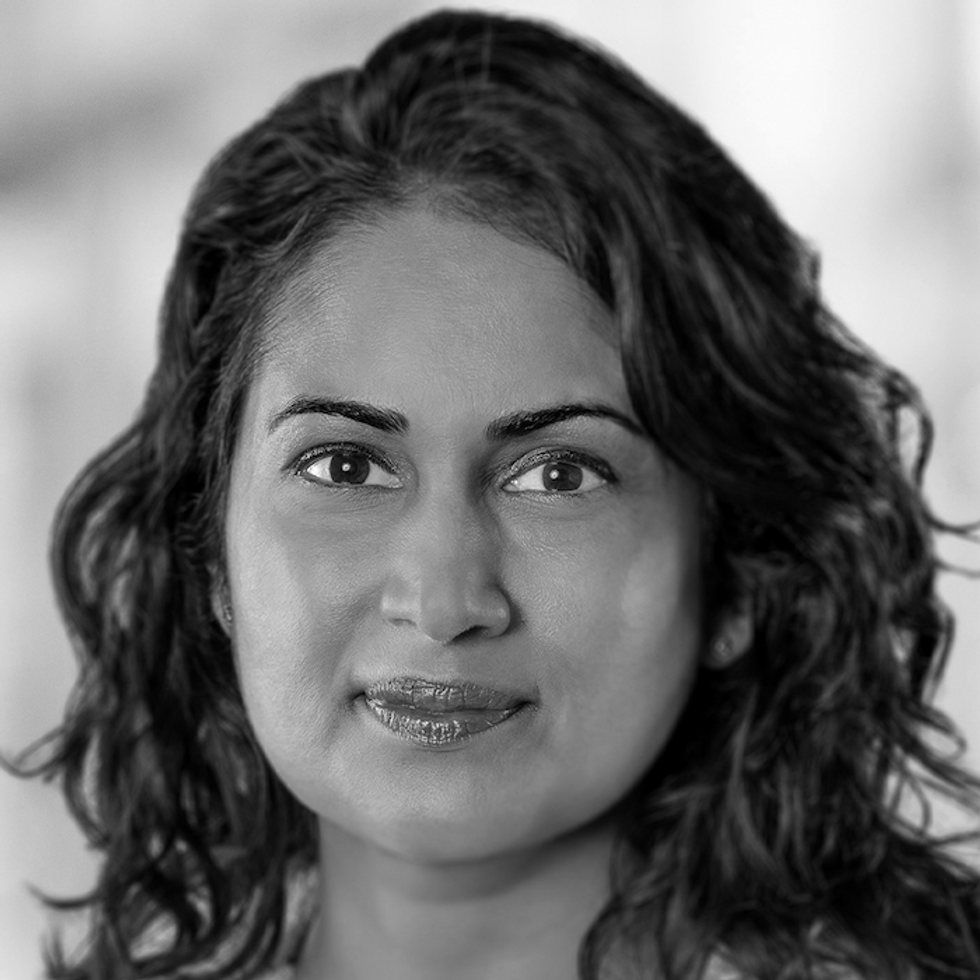
President, Global Policy & Advocacy, Gates Foundation
Amitabh Chandra
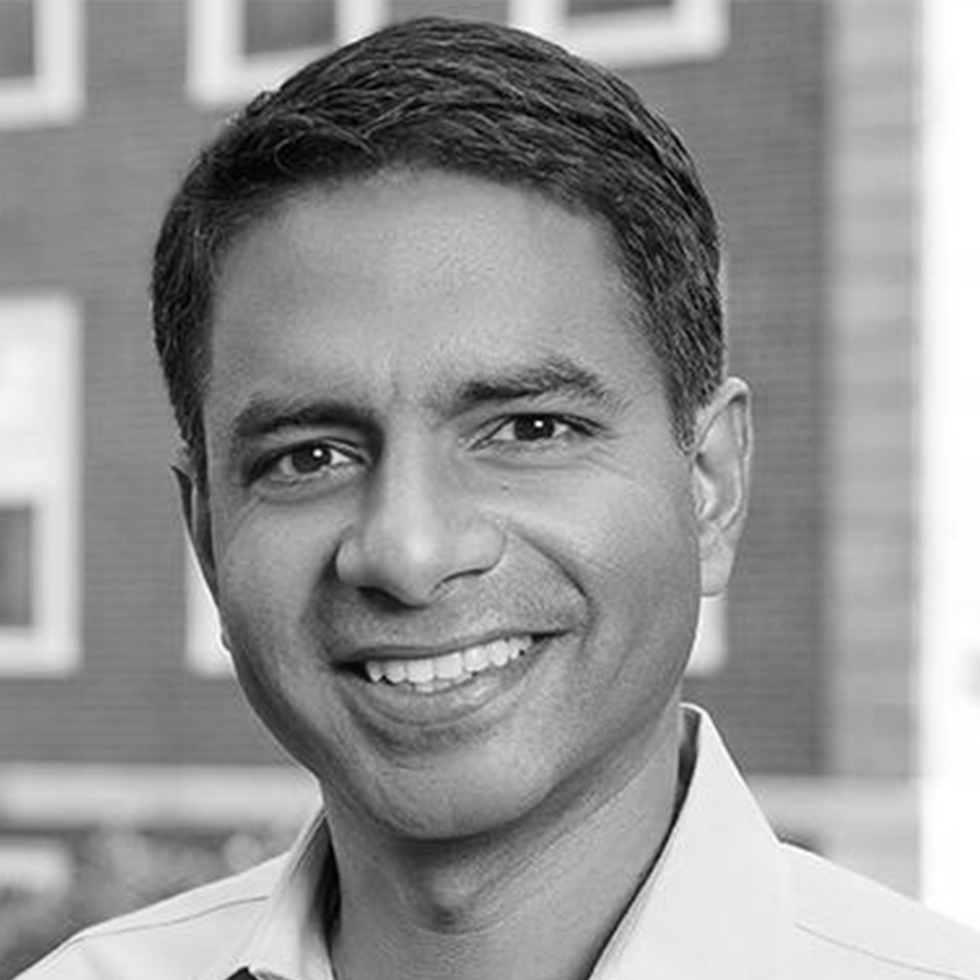
Professor, Director of Health Policy Research, Harvard Kennedy School
Sally Davies
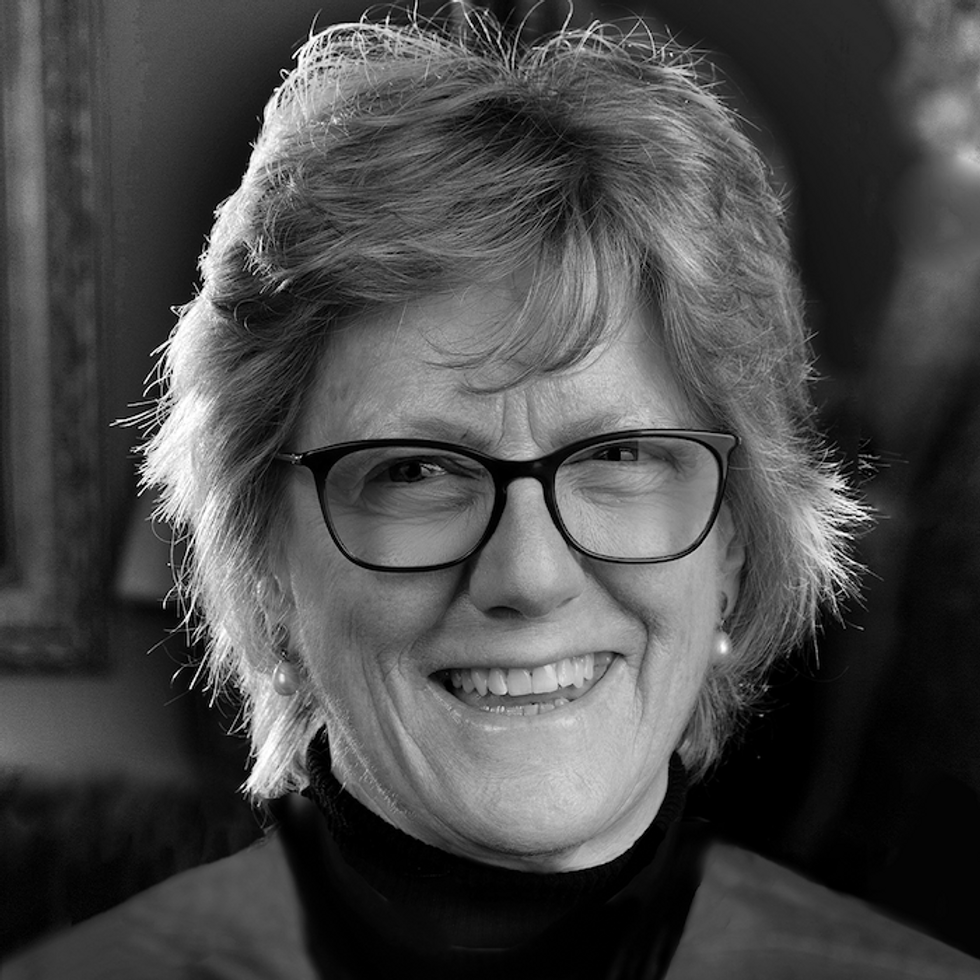
GCB DBE, Master of Trinity College
Laurie Garrett
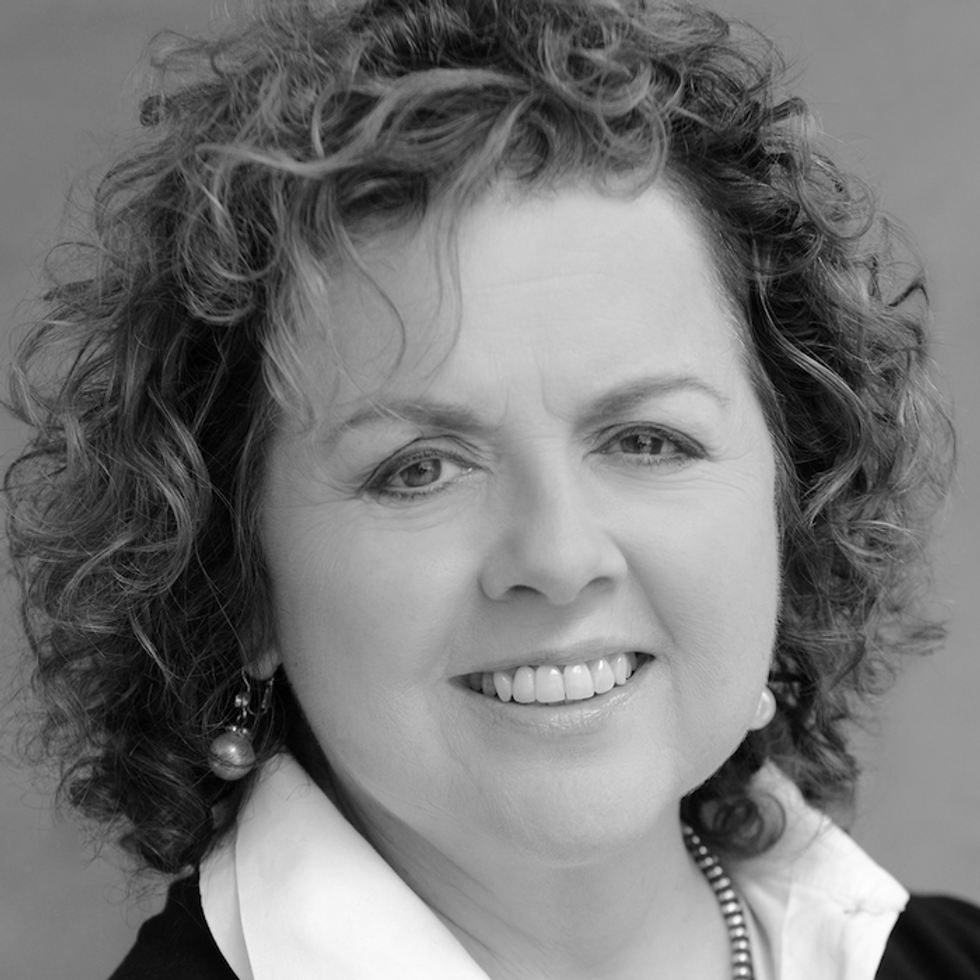
Pulitzer Prize-winning journalist
Jeh Johnson
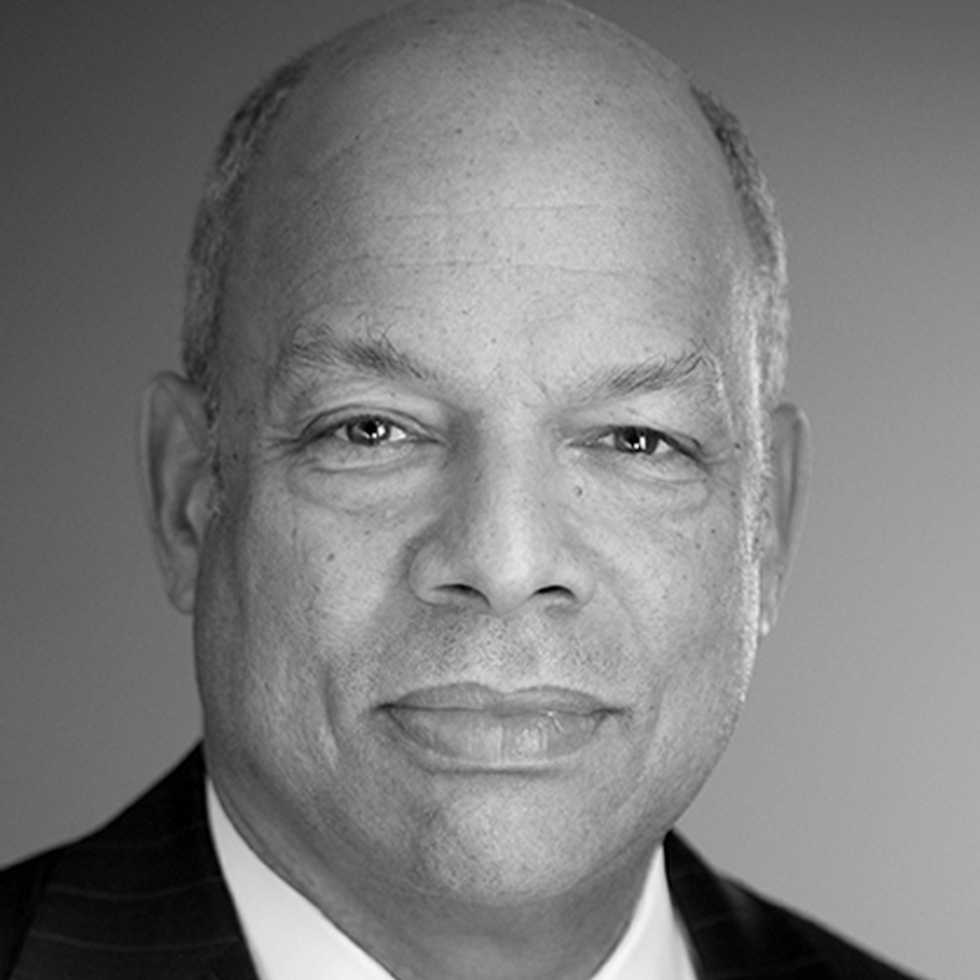
Partner, Paul, Weiss, Rifkind, Wharton & Garrison LLP; former Secretary of Homeland Security (2013 - 2017)
Albert Bourla

CEO, Pfizer
Noubar Afeyan
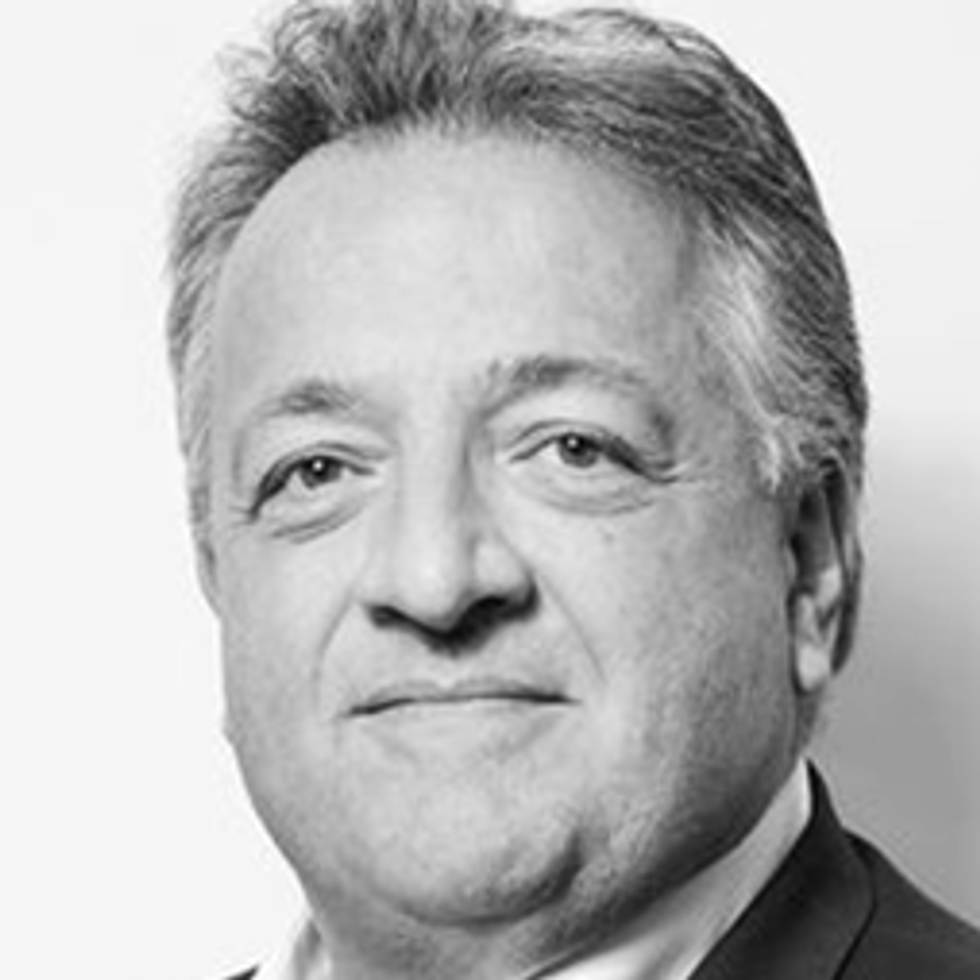
President & Founder, Flagship Pioneering
Ian Bremmer
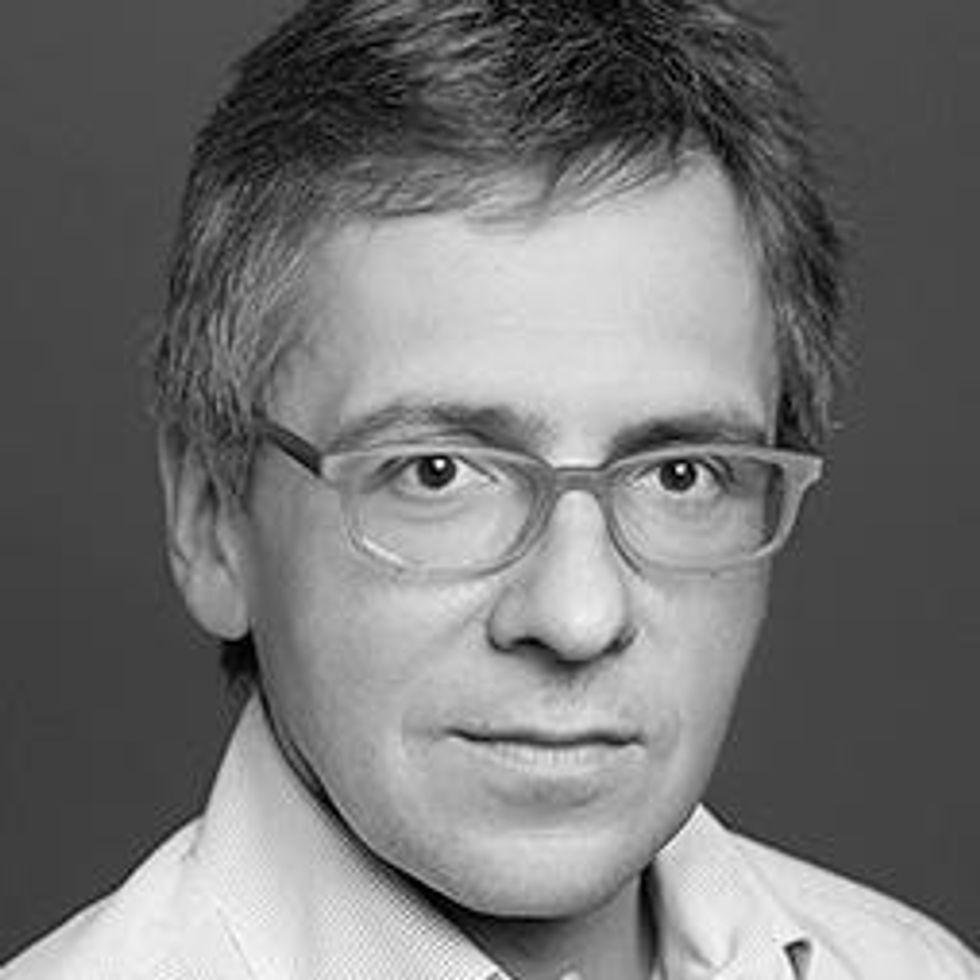
President & Founder, Eurasia Group and GZERO Media
Additional speakers include:
- Junaid Bajwa, Chief Medical Scientist, Microsoft
- Matt Hancock, UK Health Secretary
- James Stavridis, Admiral, USN (Ret), former Supreme Allied Commander at NATO
- Sundar Raman, President, Global Home Care and P&G Professional, Procter & Gamble
- Greg Behar, CEO, Nestle Health Sciences
This event is produced by GZERO Media in partnership with Flagship Pioneering. We thank our event partners, Partnership for a Healthier America and Medtronic.
Register to join: two-day event on health beyond the pandemic
As the world works toward a post-pandemic state, join GZERO Media on June 8 and 9 for a two-part live event on health security, in partnership with Flagship Pioneering (which founded Moderna).
Days before this year's G7 meeting, we will bring political leaders and policy makers together with health experts and scientists to discuss lessons learned from and the latest innovations to preempt both COVID-19 variants and future infectious disease pandemics. The virtual event will be hosted by Noubar Afeyan, founder & CEO of Flagship Pioneering, and Ian Bremmer, president and founder of Eurasia Group and GZERO Media.
Attendance is free and open to the public. Please register to attend.
Tuesday, June 8, 2021 | 11 AM - 12:30 PM ET
- Beyond the Pandemic: A Radical New Approach to Health Security: As the world emerges from the COVID-19 pandemic, what are the lessons learned and how can we use them to not only prepare for, but also preempt the next pandemic? On day one, speakers will discuss new and powerful ways to combat the wide range of threats to our health, including preventing variants and future infectious disease pandemics, and tackling 'slow-burn' pandemics such as obesity and chronic disease. CNBC's Meg Tirrell will moderate the conversation.
Wednesday, June 9, 2021 | 11 AM - 12:30 PM ET
Additional speakers include:
- Kyriakos Mitsotakis, Prime Minister of Greece
- Kristalina Georgieva, Managing Director, International Monetary Fund
- Stéphane Bancel, CEO, Moderna Therapeutics
- Albert Bourla, CEO, Pfizer
- Geoff Martha, Chairman & CEO, Medtronic
- Nancy Roman, President and CEO, Partnership for a Healthier America
- Paul Farmer, Professor, Harvard Medical School; Co-founder, Partners In Health
- Agnes Binagwaho, Vice Chancellor, University of Global Health Equity
- Sally Davies, GCB DBE, Master of Trinity College
- Junaid Bajwa, Chief Medical Scientist, Microsoft
- Gargee Ghosh, President, Global Policy & Advocacy, Gates Foundation
- Laurie Garrett, Pulitzer Prize-winning journalist
- Amitabh Chandra, Professor, Director of Health Policy Research at the Harvard Kennedy School
- Matt Hancock, UK Health Secretary
- James Stavridis, Admiral, USN (Ret), former Supreme Allied Commander at NATO
- Jeh Johnson, Partner, Paul, Weiss, Rifkind, Wharton & Garrison LLP; former Secretary of Homeland Security (2013 - 2017)
- Sundar Raman, President, Global Home Care and P&G Professional, Procter & Gamble
- Greg Behar, CEO, Nestle Health Sciences
This event is produced by GZERO Media in partnership with Flagship Pioneering. We thank our event partners, Partnership for a Healthier America and Medtronic.




